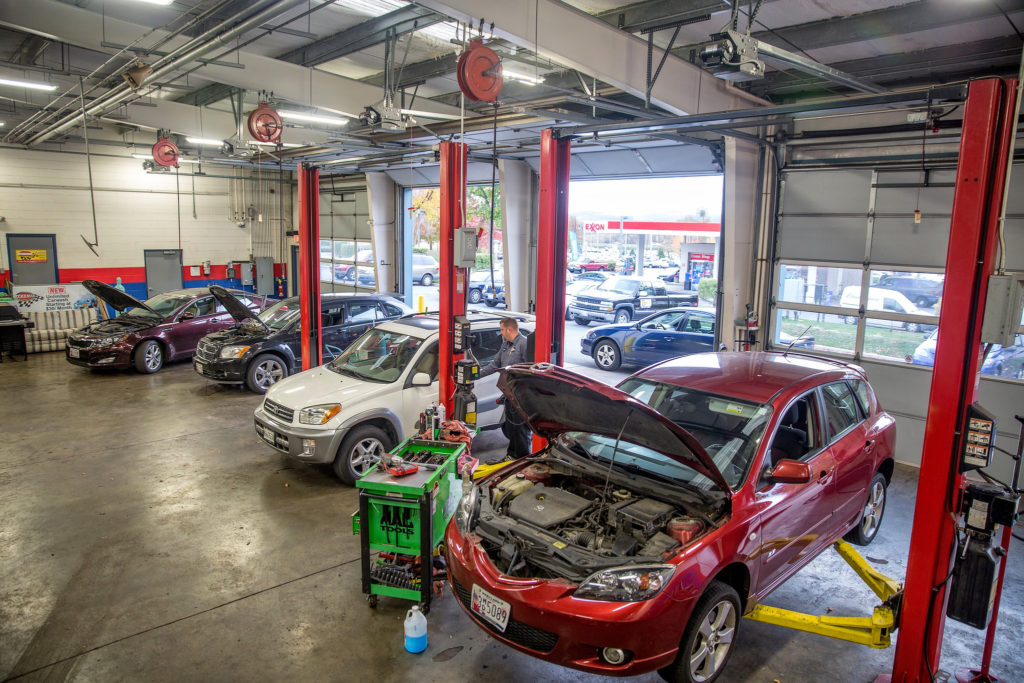All Categories
Featured
Regular auto servicing is an important part of automobile ownership, but establishing how usually to set up these examinations can sometimes be puzzling. Whether you drive a brand-new automobile or a high-mileage vehicle, remaining on top of maintenance makes certain security, optimal performance, and a longer life expectancy for your cars and truck. In this article, we'll check out the variables that affect solution periods and just how you can create a timetable that helps you.

- Maker's Guidelines: Your Initial Recommendation Point. Every car comes with a user manual, which includes the manufacturer's advisable service periods. These guidelines are tailored particularly to your auto version and its parts. Common recommendations include:
Oil modifications: Every 5,000 to 10,000 miles or 6-12 months, depending on whether you utilize traditional or synthetic oil. Tire turnings: Every 5,000 to 7,500 miles to guarantee even wear and lengthen tire life. Major services: At landmarks like 30,000, 60,000, or 100,000 miles, which might include timing belt substitutes, coolant flushes, and transmission servicing. Adhering to the manufacturer's routine helps maintain your automobile's efficiency and maintains its guarantee legitimate.
- Driving Problems Matter. How and where you drive dramatically impacts exactly how usually your vehicle requires servicing. Vehicles used under "extreme driving conditions" may need more frequent maintenance. These conditions consist of:
Regular brief trips under 10 miles. Driving in hefty stop-and-go traffic. Operating in extreme temperature levels (warm or cold) Traveling on dirty, sloppy, or uneven roadways. If any of these apply to your day-to-day commute, consider scheduling more constant oil changes and assessments to stop wear and tear. 3. Modern Features: Checking Your Cars and truck's Health and wellness. Many modern automobiles are equipped with onboard diagnostics and maintenance reminder systems. These attributes monitor your vehicle's condition in real time and sharp you when it's time for maintenance. Focus on these informs, as they are based on variables like gas mileage, engine efficiency, and oil condition.
- Seasonal Upkeep: Prepare Year-Round. Changes in weather condition can affect your automobile's efficiency, so organizing seasonal exams is an excellent technique.
Before winter months, guarantee your battery, tires, and heater remain in excellent condition to deal with cooler temperatures. Prior to summertime, inspect your air conditioning system, a/c, and fluids to avoid overheating. Seasonal maintenance maintains your automobile trustworthy and ready for moving problems.
- Signs Your Vehicle Demands Immediate Focus. Often, your automobile might require maintenance before the scheduled period. Enjoy for the complying with indication:
Unusual noises, such as grinding or squealing. Decreased fuel efficiency. Control panel caution lights, including the check engine light. Trouble beginning the automobile or stalling. Resolving these issues immediately can conserve you from pricey repair work later.
- Benefits of Remaining Regular. Routine maintenance isn't almost following a routine-- it's a financial investment in your car's future. It assists:
Maintain you and your guests secure. Make the most of gas performance. Protect against costly break downs. Expand the life of your automobile. Increase resale value by keeping a comprehensive service document. Verdict. How frequently should you service your car? The response depends on your vehicle's make, your driving behaviors, and ecological problems.
Latest Posts
Find Leading Car Repair Care offered by Montclare Auto Repair – Quality Service Today
Find Best Auto Repair Services offered by Montclare Auto Repair – Drive with Confidence
Why Routine Vehicle Maintenance at Montclare Auto Repair Keeps Your Wallet Happy
More
Latest Posts
Find Leading Car Repair Care offered by Montclare Auto Repair – Quality Service Today
Find Best Auto Repair Services offered by Montclare Auto Repair – Drive with Confidence
Why Routine Vehicle Maintenance at Montclare Auto Repair Keeps Your Wallet Happy
